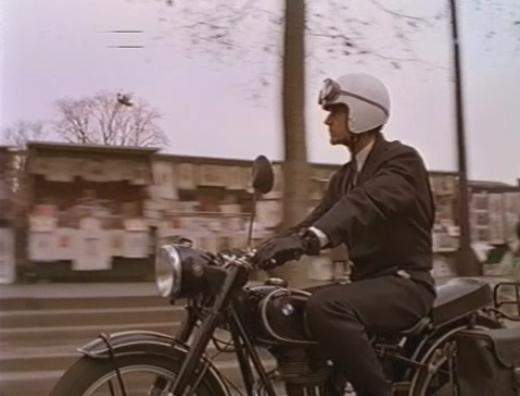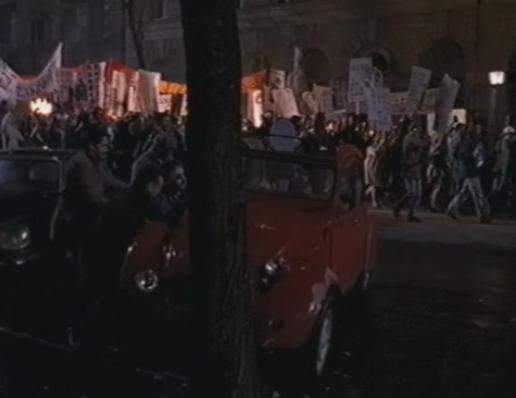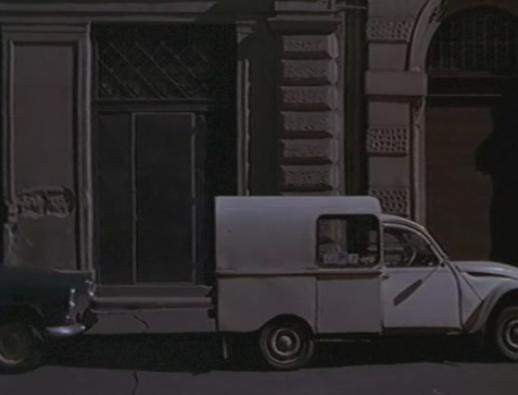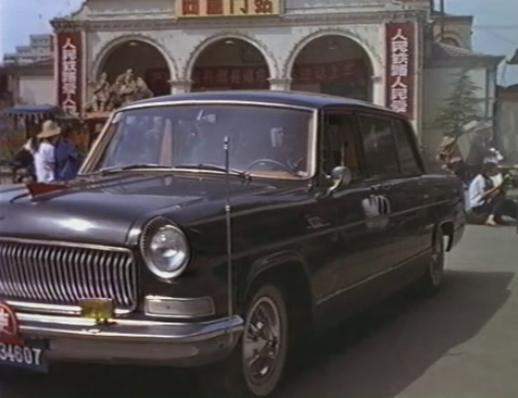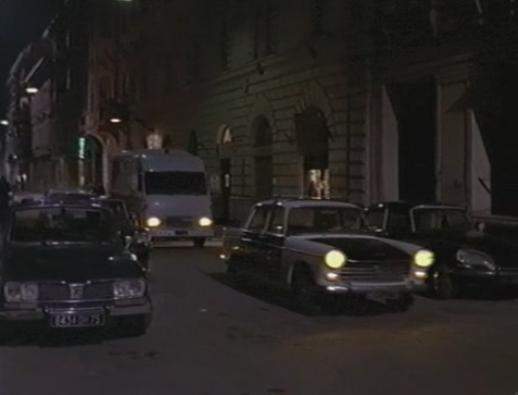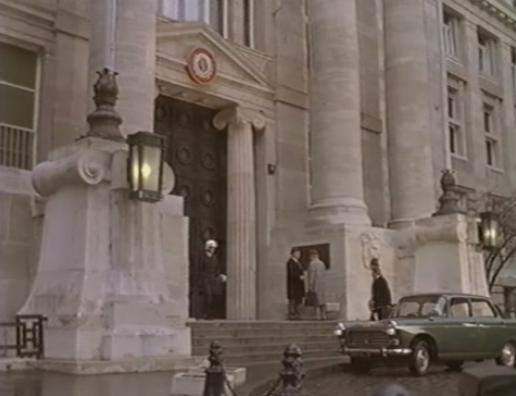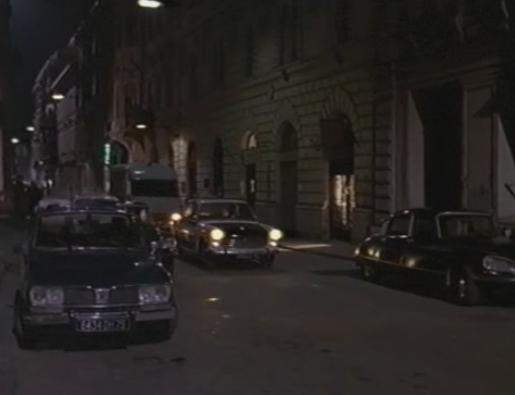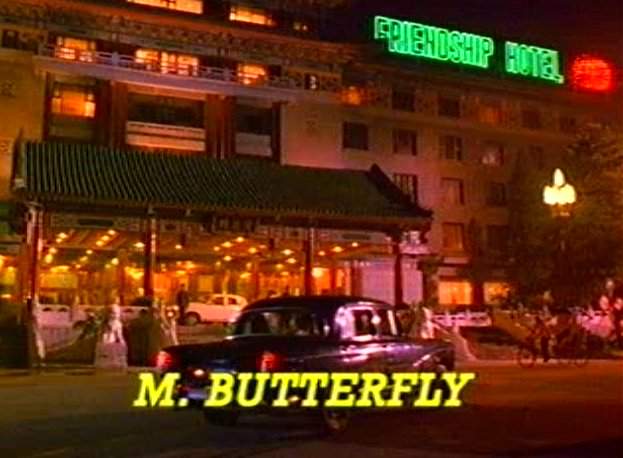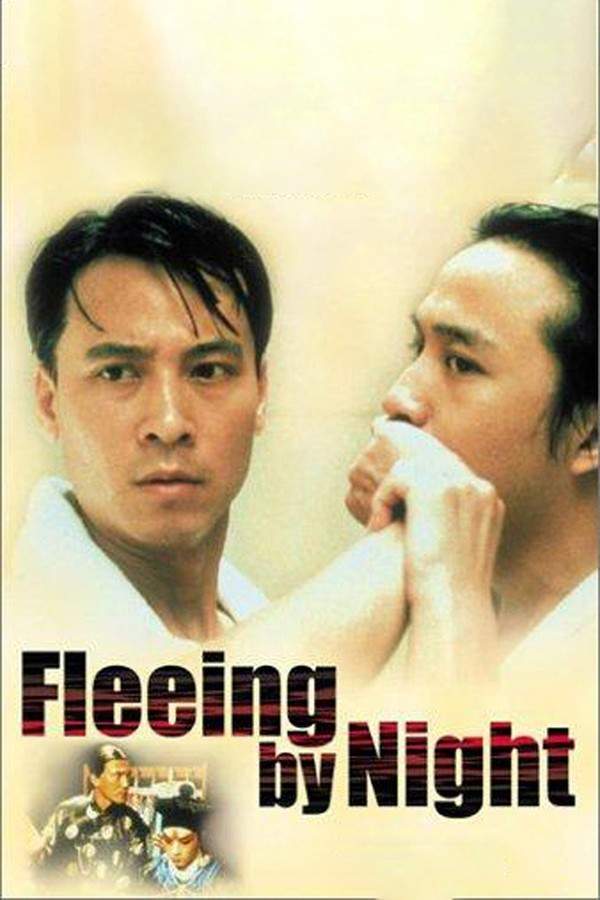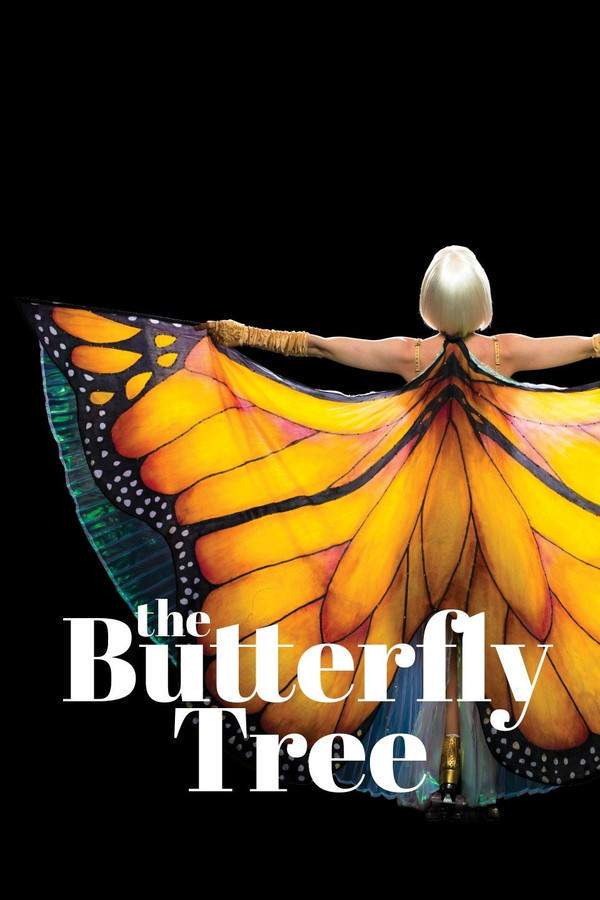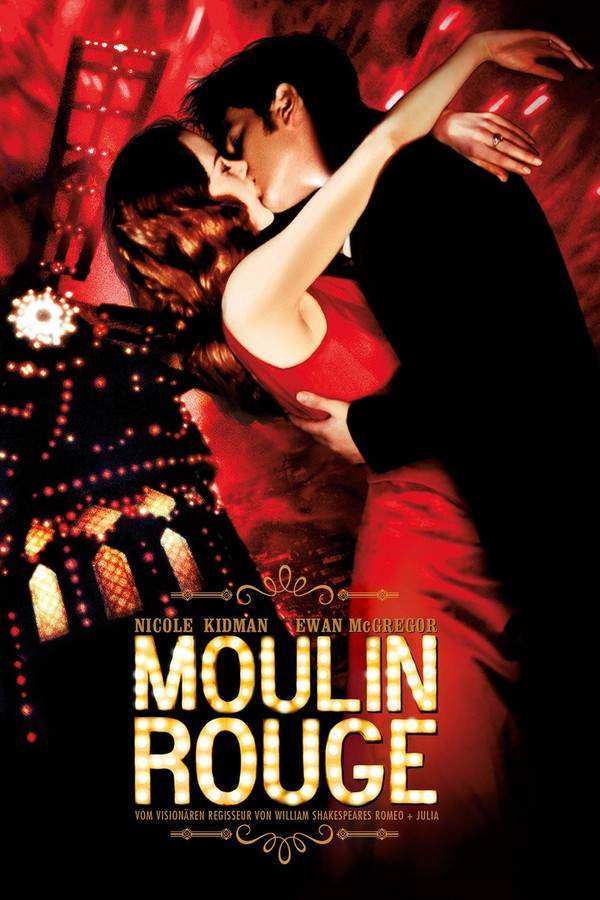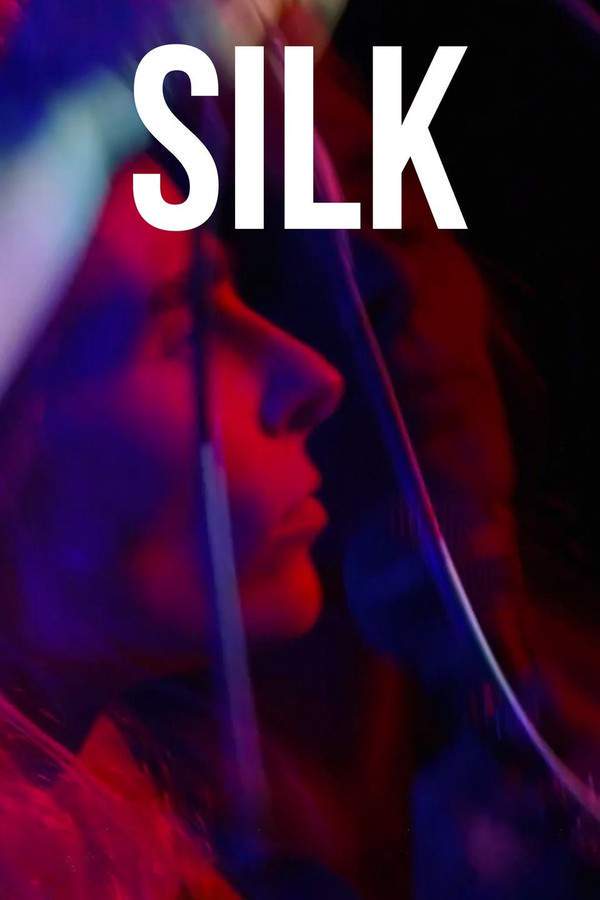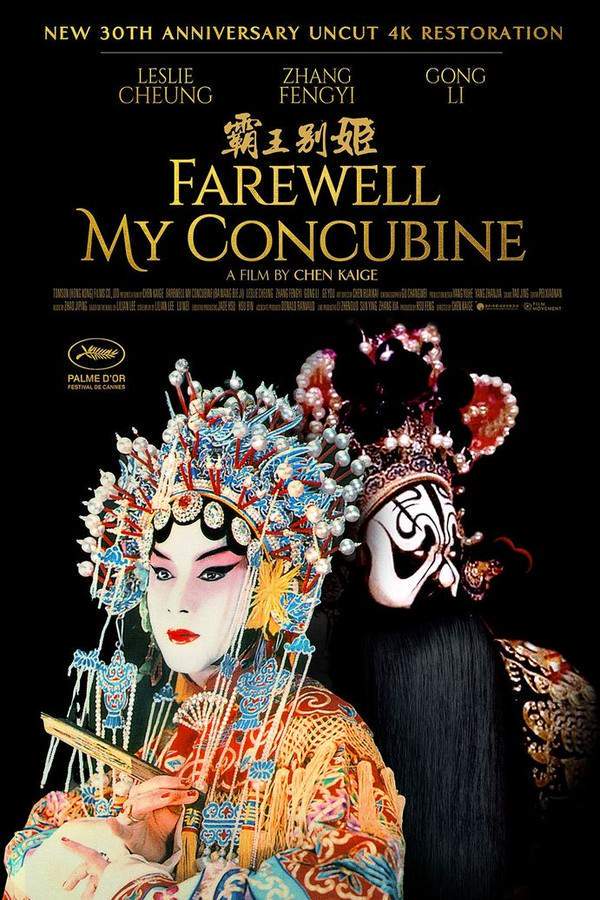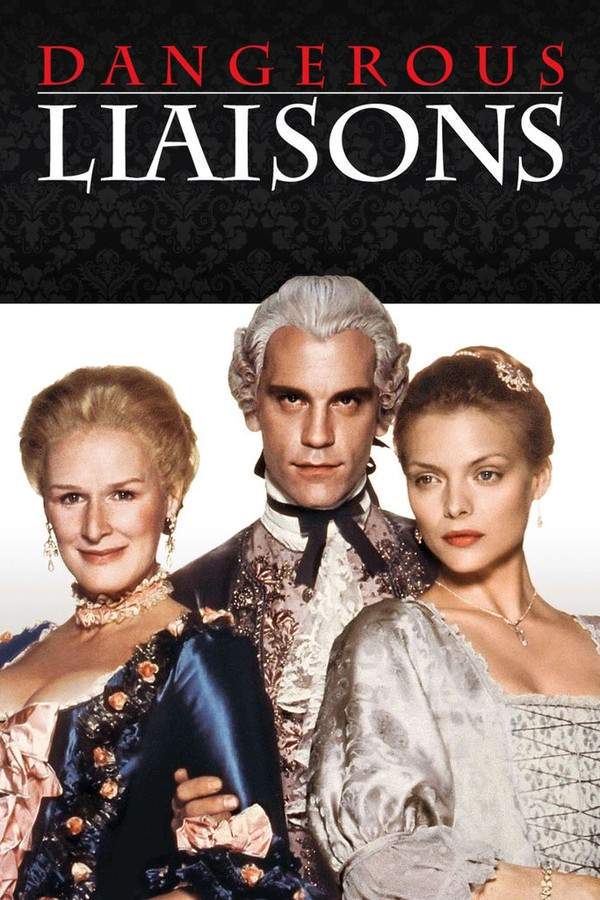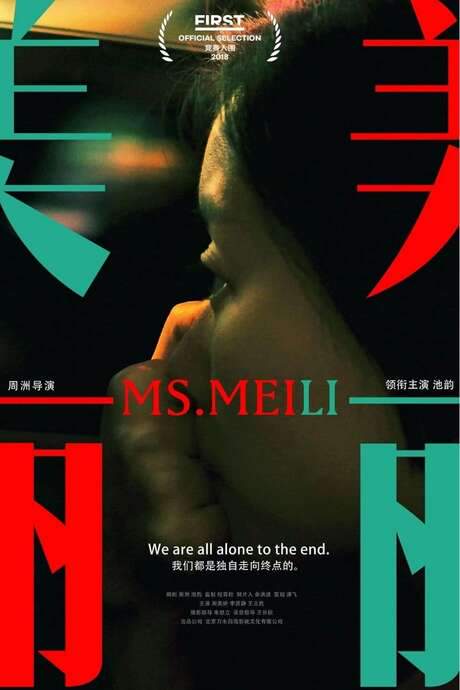M. Butterfly 1993
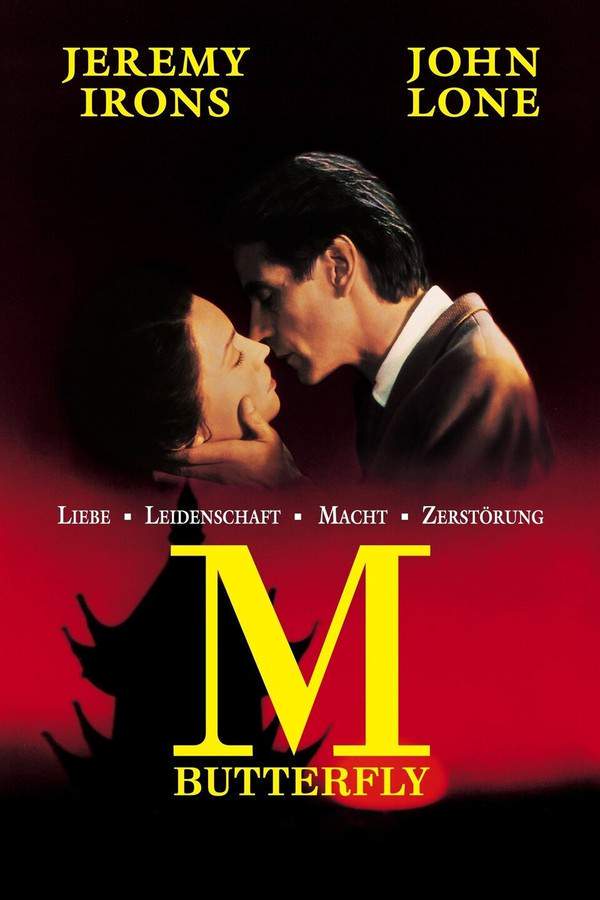
In 1980s Beijing, French diplomat René Gallimard becomes captivated by the alluring opera singer Song Liling. Their passionate affair unfolds against a backdrop of political intrigue, challenging Gallimard’s understanding of love, identity, and reality. As their relationship deepens, a startling revelation shatters his perceptions and exposes a complex web of deception and hidden truths.
Does M. Butterfly have end credit scenes?
No!
M. Butterfly does not have end credit scenes. You can leave when the credits roll.
Meet the Full Cast and Actors of M. Butterfly
Explore the complete cast of M. Butterfly, including both lead and supporting actors. Learn who plays each character, discover their past roles and achievements, and find out what makes this ensemble cast stand out in the world of film and television.
External Links and Streaming Options
Discover where to watch M. Butterfly online, including streaming platforms, rental options, and official sources. Compare reviews, ratings, and in-depth movie information across sites like IMDb, TMDb, Wikipedia or Rotten Tomatoes.
Ratings and Reviews for M. Butterfly
See how M. Butterfly is rated across major platforms like IMDb, Metacritic, and TMDb. Compare audience scores and critic reviews to understand where M. Butterfly stands among top-rated movies in its genre.

43
Metascore
6.8
User Score


39%
TOMATOMETER

67%
User Score

6.7 /10
IMDb Rating

66
%
User Score
Take the Ultimate M. Butterfly Movie Quiz
Challenge your knowledge of M. Butterfly with this fun and interactive movie quiz. Test yourself on key plot points, iconic characters, hidden details, and memorable moments to see how well you really know the film.
M. Butterfly Quiz: Test your knowledge on the complex and tragic story of M. Butterfly and its characters.
In which year does the story of M. Butterfly primarily take place?
1960
1964
1968
1972
Show hint
Full Plot Summary and Ending Explained for M. Butterfly
Read the complete plot summary of M. Butterfly, including all major events, twists, and the full ending explained in detail. Explore key characters, themes, hidden meanings, and everything you need to understand the story from beginning to end.
In 1964, Beijing, during a time of political transformation, Rene Gallimard, a reserved accountant at the French embassy, is utterly mesmerized by the performance of opera diva Song Liling in a rendition from Madame Butterfly. After the show, he expresses to his wife, Jeanne, his newfound appreciation for the heartbreaking narrative, only to be met with scorn. Jeanne criticizes his romanticized view of the submissive Oriental woman, remarking that “the Chinese can’t stand Madame Butterfly because ‘the white man gets the girl.’”
Three weeks later, mustering newfound courage, Rene returns to the opera, where he encounters Song backstage. Their initial conversation ignites a spark, yet he feels compelled to conceal the truth from Jeanne, creating an emotional rift. Soon after, he visits Song in her parlor, a gesture deemed risky in a historically conservative society. When Rene attempts to kiss her, she reacts coolly and asks him to leave. Despite the turmoil, communication continues, but Song’s letters go unanswered by Rene.
Noticing Rene’s shift in demeanor, Ambassador Toulon comments on his transformation, stating, “you’ve become this new, aggressive, overconfident thing.” As a result, Rene is appointed Vice Consul, tasked with establishing an intelligence-gathering operation amidst the Cultural Revolution. Driven by passion, he confronts Song, and she shyly confesses, “I am your butterfly,” albeit maintaining her modesty during their intimate moments.
As their secret relationship flourishes, Rene expresses his views on the Vietnam conflict, asserting, as he tells the ambassador, that “the Oriental will always bow to a superior force.” However, Song, unbeknownst to him, is a double agent, feeding misinformation to Comrade Chin, who occurs upon American magazines in her home. Despite this deception, Rene’s romantic entanglements deepen during one of Frau Bauden’s soirées, where their affair reaches new heights.
When Song reveals her pregnancy, she plans to return to her village, promising to bring back a son, which fills Rene with joy. Yet, behind this façade, she confides to Chin about needing a blonde-haired baby as part of her cover.
Months later, witnessing the rise of the Red Guards, Rene’s world unravels. The art community he belongs to faces peril as Song brings their “son” to him. However, their dreams shatter when Red Guards apprehend her. Laid off from his diplomatic position for misjudging the Chinese and Vietnamese political landscapes, Rene faces an imminent deportation. In a striking scene, he finds Song’s courtyard filled with peasants while witnessing her forced entry into a re-education camp, a painful reminder of the harsher realities of political discord.
Fast forward to 1968 Paris, Rene watches Madame Butterfly again, tears streaming as he is engulfed by memories. Outside, chaos unfolds with pro-Communist students battling police during the riots. Rene, now living a simpler life as a motorcycle courier, unexpectedly reunites with Song. Yet, their joy is short-lived as Rene soon finds himself arrested for espionage, accused of leaking sensitive documents.
During the dramatic trial proceedings, Rene is confronted by Song, who presents as a man, clad in a suit and tie, a jaw-dropping revelation for everyone present. As she recounts how he facilitated access to diplomatic pouches for the sake of their son, the courtroom gasps. Addressing the prosecutor, Song discusses his “Oriental ways of love,” saying, “Out of which I invented myself, just for him.”
In a heartrending exchange within a police van, Song strips away the illusions, reminding Rene that he has not changed. Devastated by the truth of Song’s identity and the entire relationship being built on deception, Rene rejects him.
Eventually, in prison, Rene takes the stage for an emotional monologue, sharing his tragic tale of love with a man he believed to be a woman, prompting laughter amidst a misjudged political saga. As Song boards a plane back to China, Rene plays an audio tape of Madame Butterfly, paralleling his fate with that of the opera’s tragic heroine. Clad in Oriental attire and makeup, he portrays the ultimate tragic figure, and in front of the assembly of inmates and guards, he kneels and takes his own life by slit his throat, becoming a haunting symbol of sacrifice, love, and betrayal.
Uncover the Details: Timeline, Characters, Themes, and Beyond!

Coming soon on iOS and Android
The Plot Explained Mobile App
From blockbusters to hidden gems — dive into movie stories anytime, anywhere. Save your favorites, discover plots faster, and never miss a twist again.
Sign up to be the first to know when we launch. Your email stays private — always.
Watch Trailers, Clips & Behind-the-Scenes for M. Butterfly
Watch official trailers, exclusive clips, cast interviews, and behind-the-scenes footage from M. Butterfly. Dive deeper into the making of the film, its standout moments, and key production insights.
Cars Featured in M. Butterfly
Explore all cars featured in M. Butterfly, including their makes, models, scenes they appear in, and their significance to the plot. A must-read for car enthusiasts and movie buffs alike.
M. Butterfly Themes and Keywords
Discover the central themes, ideas, and keywords that define the movie’s story, tone, and message. Analyze the film’s deeper meanings, genre influences, and recurring concepts.

Unlock the World of Movies with Our Comprehensive Wiki
Dive into our Movie Wiki for in-depth film encyclopedia entries, including cast biographies, production trivia, plot synopses, behind-the-scenes facts, and thematic analyses. Whether you’re researching iconic directors, exploring genre histories, or discovering hidden easter eggs, our expertly curated movie database has everything you need to fuel your cinematic passion.

Similar Movies To M. Butterfly You Should Know About
Browse a curated list of movies similar in genre, tone, characters, or story structure. Discover new titles like the one you're watching, perfect for fans of related plots, vibes, or cinematic styles.
Quick Links: Summary, Cast, Ratings, More

What's After the Movie?
Not sure whether to stay after the credits? Find out!
Explore Our Movie Platform
New Movie Releases (2026)
Famous Movie Actors
Top Film Production Studios
Movie Plot Summaries & Endings
Major Movie Awards & Winners
Best Concert Films & Music Documentaries
Movie Collections and Curated Lists
© 2026 What's After the Movie. All rights reserved.
















